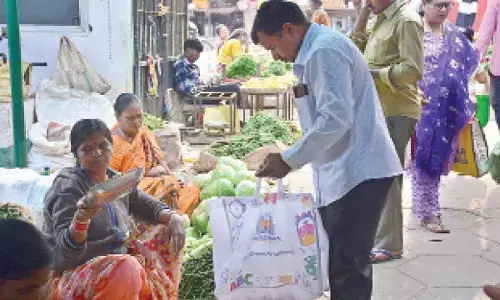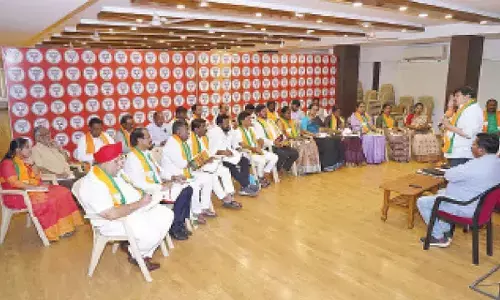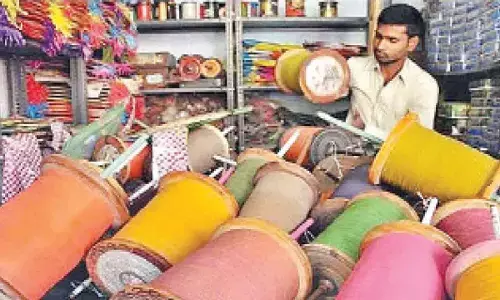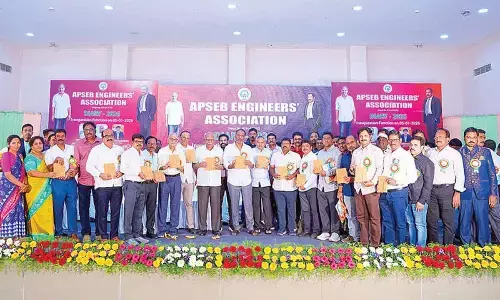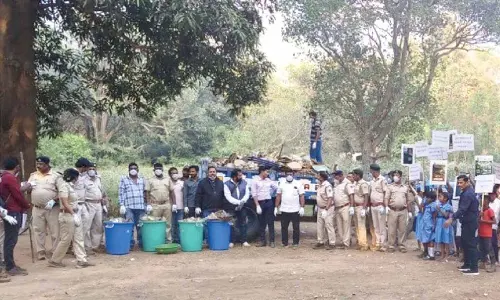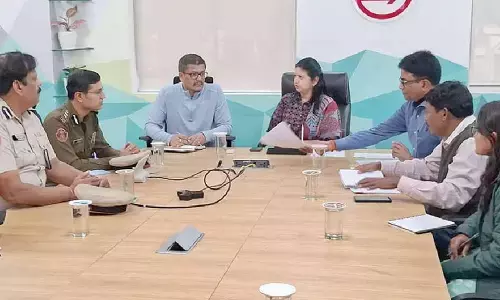Delhi High Court exempts custom duties on medicines for rare diseases
Share :
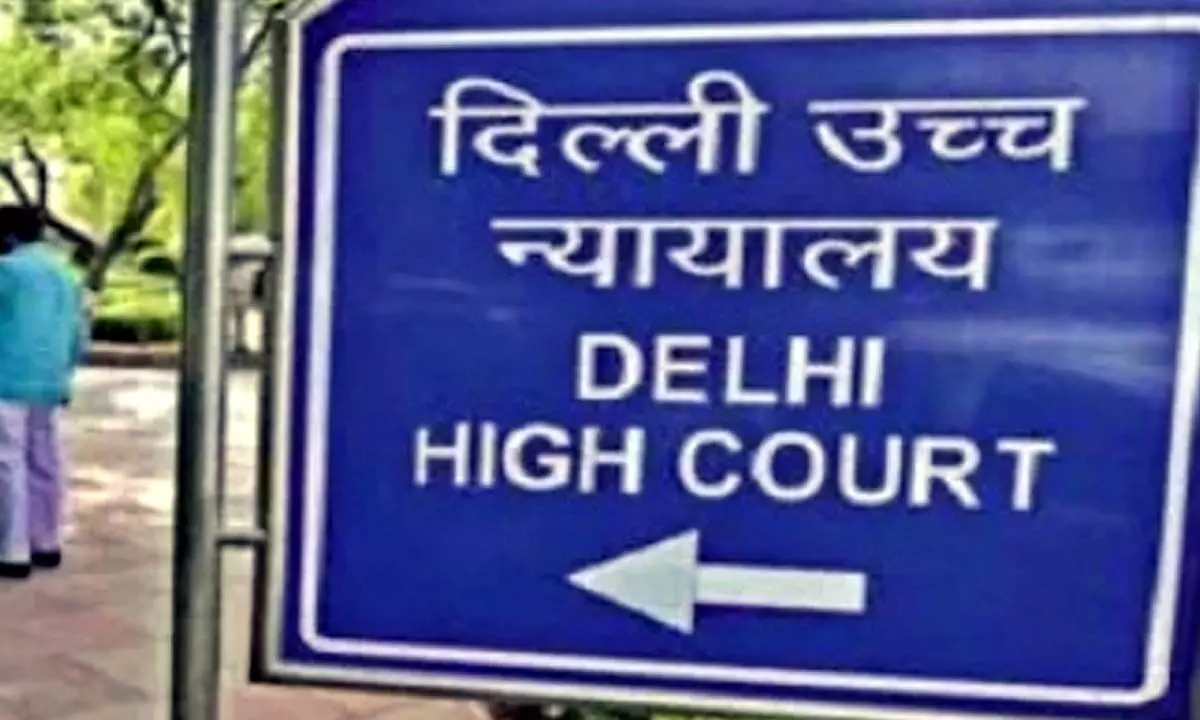
Delhi High Court
The Delhi High Court has said that custom duties and charges will not be applied to medicines, drugs, and therapies used for treating rare diseases.
New Delhi: The Delhi High Court has said that custom duties and charges will not be applied to medicines, drugs, and therapies used for treating rare diseases.
This decision comes as a relief to patients suffering from conditions such as Duchenne Muscular Dystrophy and Hunter's syndrome, amongst others.
Justice Prathiba M Singh, addressing the issue, referred to a gazette notification by the Union Ministry of Finance issued on March 29 of the previous year, which included drugs and medicines for rare diseases under the Customs Act, 1962.
This clarification ensures that patients and hospitals can access necessary treatments without the burden of additional costs.
The court has directed customs authorities to prioritise and expedite the clearance of such medical imports, ensuring that treatments reach patients without delay. This order is to be communicated to the Central Board of Indirect Taxes and Customs (CBIC) for immediate compliance.
The ruling was part of a hearing concerning petitions for free-of-cost treatment for children with rare diseases, which has been under deliberation since 2020. These treatments, often prohibitively expensive, are crucial for the patient's survival and quality of life.
Previously, the court had also directed AIIMS to begin procurement of medicines for these conditions, backed by a fund allocation of Rs 50 lakhs per patient, in accordance with the Rare Diseases Policy.
Efforts have been made to negotiate with pharmaceutical companies for reasonable pricing of these essential drugs.
The establishment of a five-member committee by Justice Singh in May of the previous year aims to ensure the efficient implementation of the National Policy for Treatment of Rare Diseases, 2017, so that the benefits effectively reach those in need.








